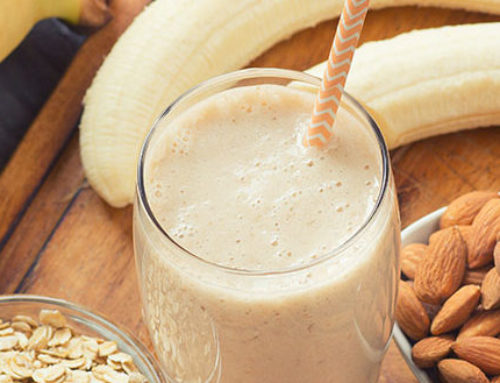
October is Breast Cancer Awareness Month, an annual campaign to increase awareness of the disease and focus on breast health. There are many nutrients that have been studied for their role in women’s health, including most recently, iodine. Iodine plays a significant role in processes such as estrogen metabolism, breast tissue development, ovulation and more. Iodine is also heavily concentrated in the breasts, ovaries and cervix.
One of the most promising areas of research on iodine is the role it plays in breast health, especially the beneficial effects it has shown in reducing breast cancer risk, fibrocystic breast disease, premenstrual breast tenderness and mammary dysplasia. In the breasts, iodine has been shown to have antioxidant properties, helping to protect against cellular damage. This may explain why diets containing sufficient iodine are associated with reduced risk of breast cancer. Iodine is also known to promote the development of normal breast tissue and to protect against the formation of abnormal cells.
In addition to breast cancer risk, iodine deficiency has been associated with increased risk of fibrocystic breast disease; a condition characterized by lumpiness in one or both breasts. Fibrocystic breast disease affects up to 50% of women of reproductive age, but fortunately, iodine supplementation has been shown to be a beneficial treatment. If you have lumpiness or discomfort in one or both breasts, you should always see your doctor. If fibrocystic breast disease is identified as the cause, it may be worth looking into potential iodine deficiency as a contributing factor.
Your body doesn’t naturally make iodine, so the only way to get this nutrient is through your diet. Iodine deficiency affects about 2 billion people worldwide. It’s most common in developing countries where people may lack access to enough healthy food. But it can also affect people in developed countries who lack an adequate diet or whose bodies don’t correctly process iodine.
You can include iodine in your diet by consuming foods like:
- fish
- eggs
- nuts
- meats
- bread
- dairy products
- seaweed
- iodized table salt
You can also take a high-quality iodine supplement. Note that people with thyroid disease need to be particularly careful when it comes to iodine, as both too much and too little can exacerbate the situation, so any form of iodine supplementation in such instances should be monitored by your doctor.
Iodine plays many important roles in women’s health as an essential nutrient for the thyroid, breasts, ovaries, uterus and more. As more research points to the benefits of iodine for breast, ensuring iodine adequacy is essential.




